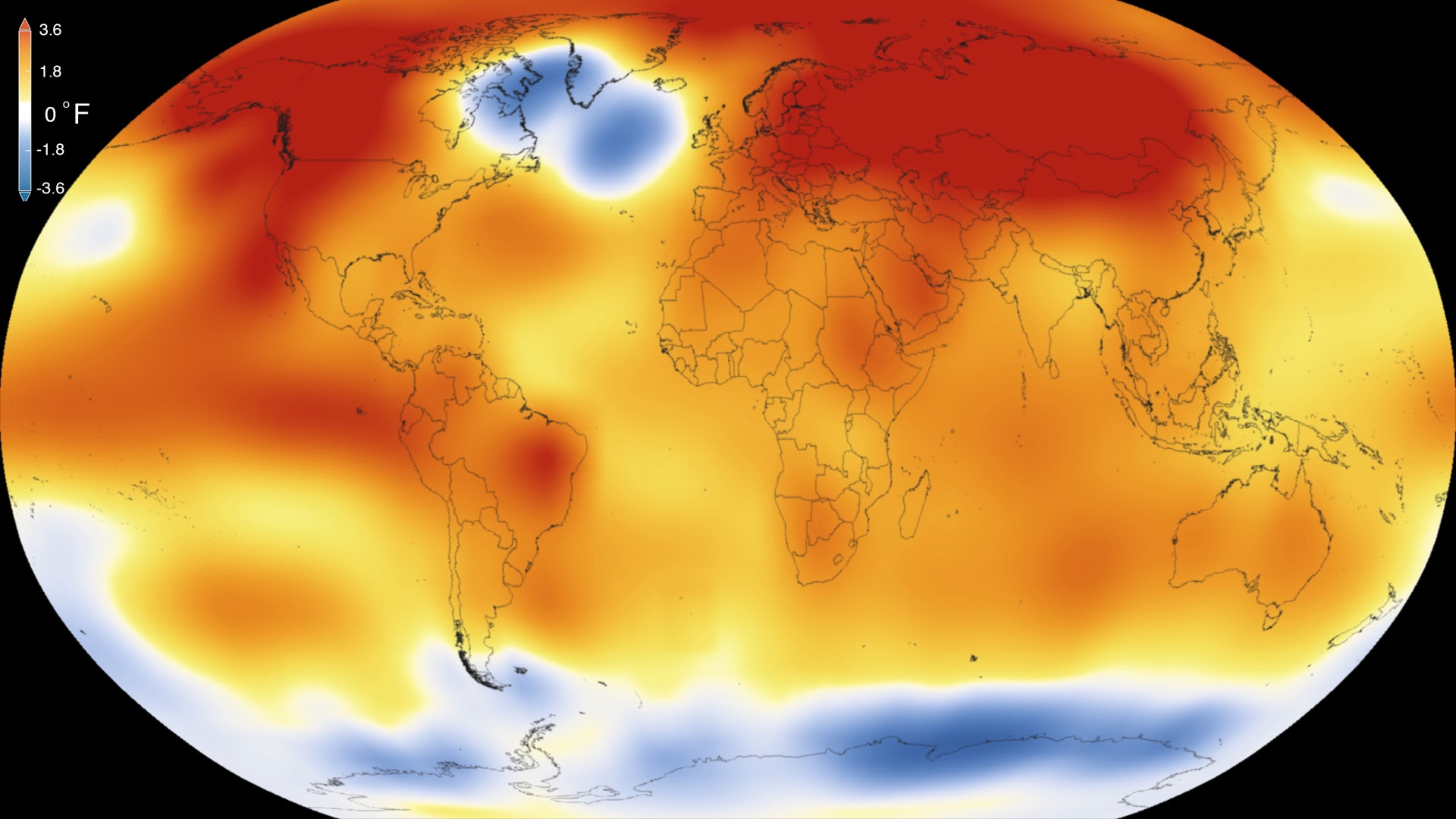Research in the University of Reading’s Department of Meteorology has improved our understanding of the climate impact of greenhouse gas emissions. It has advanced the design and use of reliable metrics upon which climate policies are based and monitored across the globe.
In the fight against climate change, understanding the impact of greenhouse gases on the environment is crucial. International climate treaties use metrics to compare the impact of emissions of different greenhouse gases. Professor Keith Shine has played a leading role in the calculation of radiative efficiency (RE) values for many such gases – a metric which feeds into broader assessments of the climate-changing potential of emissions.
Radiative efficiency is the measure of a gas’s effectiveness at trapping heat in Earth’s atmosphere. Shine’s group was the first to publish RE calculations for nitrogen trifluoride (NF3), which is widely used in the electronics industry. Its inclusion in a 2007 report from the Intergovernmental Panel on Climate Change (IPCC) enabled NF3 to be added to the list of gases whose emissions were restricted under United Nations’ agreements.
Professor Shine and Professor Bill Collins have played a major role in improving consistency in the calculation and reporting of emission metrics – contributing to an expanded dataset of over 200 greenhouse gases in IPCC’s 2014 report. The provision of reliable metrics for the impact of hydrofluorocarbons (HFCs) – used in air-conditioning units and refrigeration – has galvanised international efforts to reduce their impact. For instance, Reading’s work enabled legislators and manufacturers to identify HFCs with lower climate impact for use in air-conditioning units.
Beyond RE, Reading has contributed to the debate on the design and choice of metrics upon which to base climate policy. The Global Temperature Change Potential – developed at Reading – has been endorsed as a robust candidate by the IPCC and United Nations, as well as nations including Brazil, Norway and Uruguay.
Find out more
View the full impact case study on the REF 2021 website: Research supporting the use of climate emission metrics in policy making

